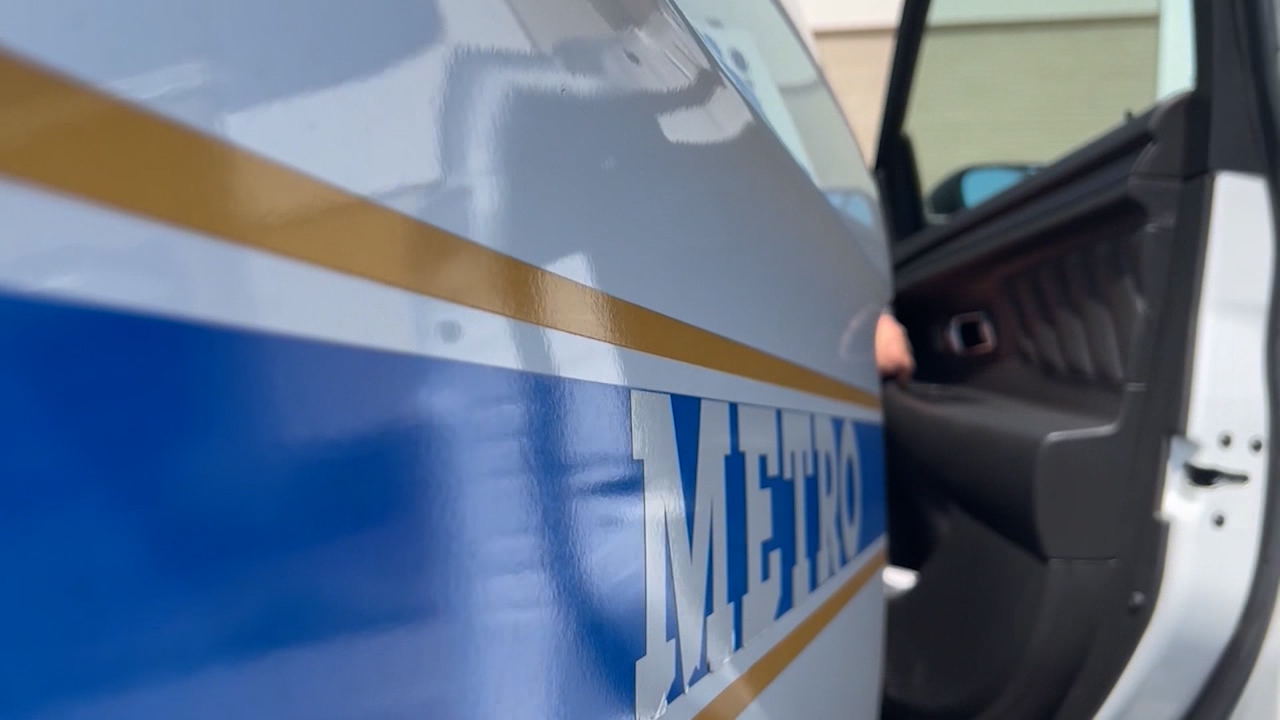
NASHVILLE, Tenn. (WKRN) — Attorneys suing the Metro Nashville Police Department for what they claim was “excessive and unreasonable force,” leading to the deadly shooting of sound engineer Mark Capps, are saying if the MNPD had deployed its mental health co-response team, Capps would still be alive.
“As the complaint alleges, at the time Mark was shot and killed he was in the midst of a mental health emergency that had been aggravated by his brother’s recent death,” attorneys Kyle Mothershead and Bryan Moseley wrote in a statement to News 2. “However, rather than utilize a Partners in Care team MNPD sent a SWAT team in to deal with Mark – with predictable results. MNPD must now be held accountable to Mark’s family for this preventable disaster.”
The Tennessee Bureau of Investigation (TBI) cleared the SWAT officer who shot and killed the Grammy-winning sound engineer while serving him a warrant for assault and kidnapping after Capps’ family said he had held them at gunpoint back in January.
However, the lawsuit alleges that despite officers’ statements, Capps didn’t have a gun in his hand when officers shot him.
In the lawsuit, Capps’ family attorneys mention the death of Landon Eastep in a 2022 officer-involved shooting.
Officers found Eastep on the side of Interstate 65. He had a box cutter in one hand and his other hand in his pocket. After about 30 minutes of negotiations, police shot Eastep after he pulled out a “silver cylindrical object.” The object ended up not being a firearm.
At the time, MNPD’s partnership with the Mental Health Cooperative, called Partners in Care, was not up and running in the precinct that responded to the I-65 incident.
In a January interview with News 2, Amanda Bracht, the Mental Health Cooperative senior VP of public relations and community development, said the program has helped people in similar situations to the I-65 shooting.
“Every situation is unique, and, of course, that I-65 situation is incredibly tragic with the outcome, but we have had, you know, similar situations where individuals have been, you know, threatening themselves and potentially threatening others and had a weapon or had a weapon close by and we’ve been able to de-escalate,” Bracht said.
However, she didn’t answer whether the program would’ve made a difference had it been in place at the time of the incident.
“That situation was so, you know, it was such a, so many factors that come into play,” Bracht said. “And, you know, first and foremost, we have to make sure that everybody is safe on the scene, and I can’t say that a clinician would have been pushed into that scenario.”
When asked on Monday, Oct. 30, a spokesperson for MNPD said they weren’t aware of a situation where a co-responder responded to a situation that is not secure. The spokesperson explained they would not put an unarmed civilian in a situation where they know somebody is armed.
The Mental Health Cooperative did not respond directly to News 2’s question as to what are the protocols for when a Partners in Care responder is sent to a scene.
Meanwhile, authorities said MNPD’s policy is vague because Mental Health Cooperative employees are not employed by Metro. News 2 requested a copy of the policy, but we did not receive it by the time this story was published.
